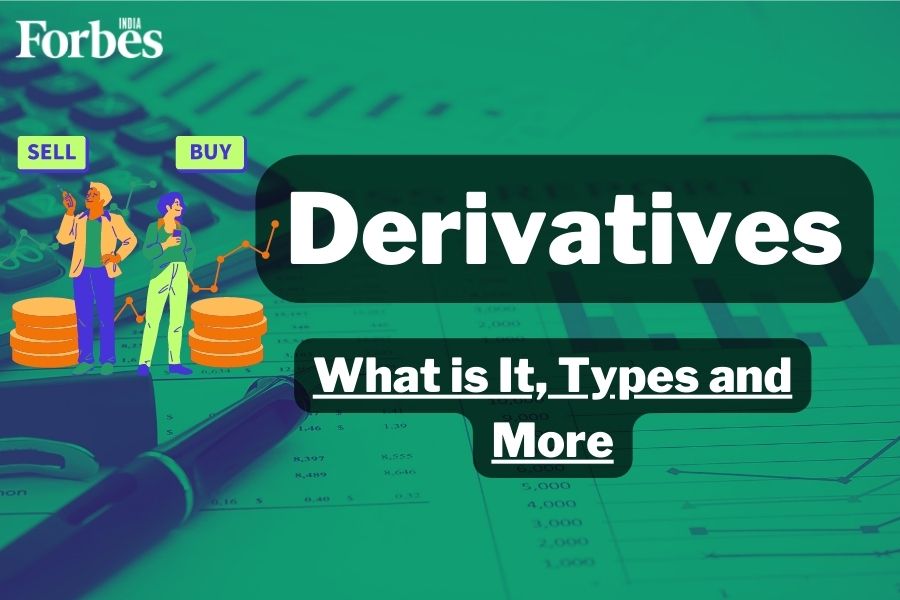
Derivatives: Meaning, types, how to trade them, and more
Learn how derivatives powerful instruments derive value, hedge risks, and shape markets. Explore the potential of derivatives

Derivatives are financial instruments that have become integral to modern financial markets. Often, they form the majority of trading volumes on most exchanges across the world! These instruments, which derive value from underlying assets such as stocks, bonds, commodities, or currencies, are powerful tools for managing risk, speculating on price movements, and hedging against potential losses.
In this article, we will explore the fundamentals of derivatives, their various types, and how they function in today's complex financial landscape.
Also Read: Nifty 50 stocks list in 2023: Stock weightage, sectors and computation methodology
What are derivatives?
Derivatives are financial instruments or agreements that obtain their value from an underlying asset, reference rate, index, or event. They are agreements between two or more parties that allow them to speculate on or hedge against the price movements or fluctuations in the underlying asset's value.
The value of a derivative is acquired from the changes in the underlying asset's price or other factors rather than having inherent value on its own.




